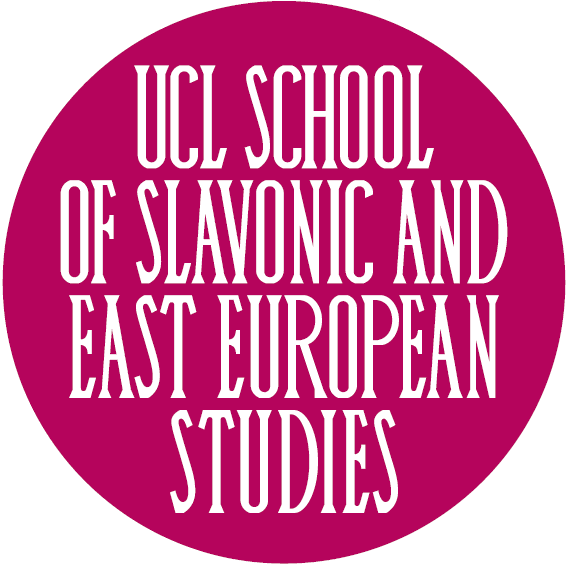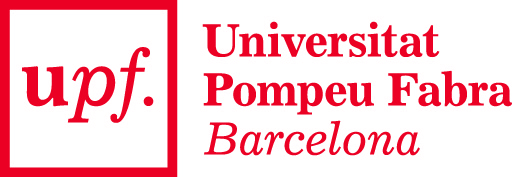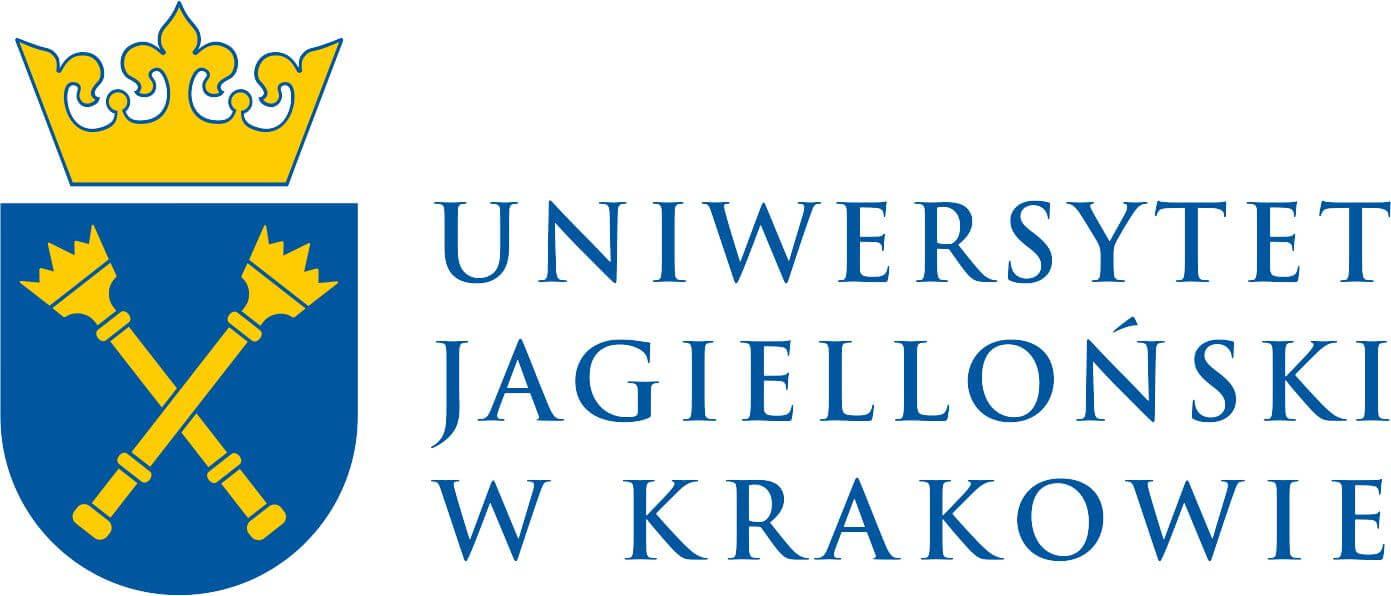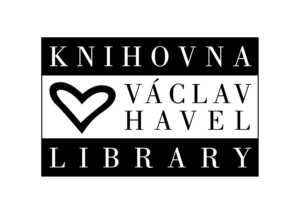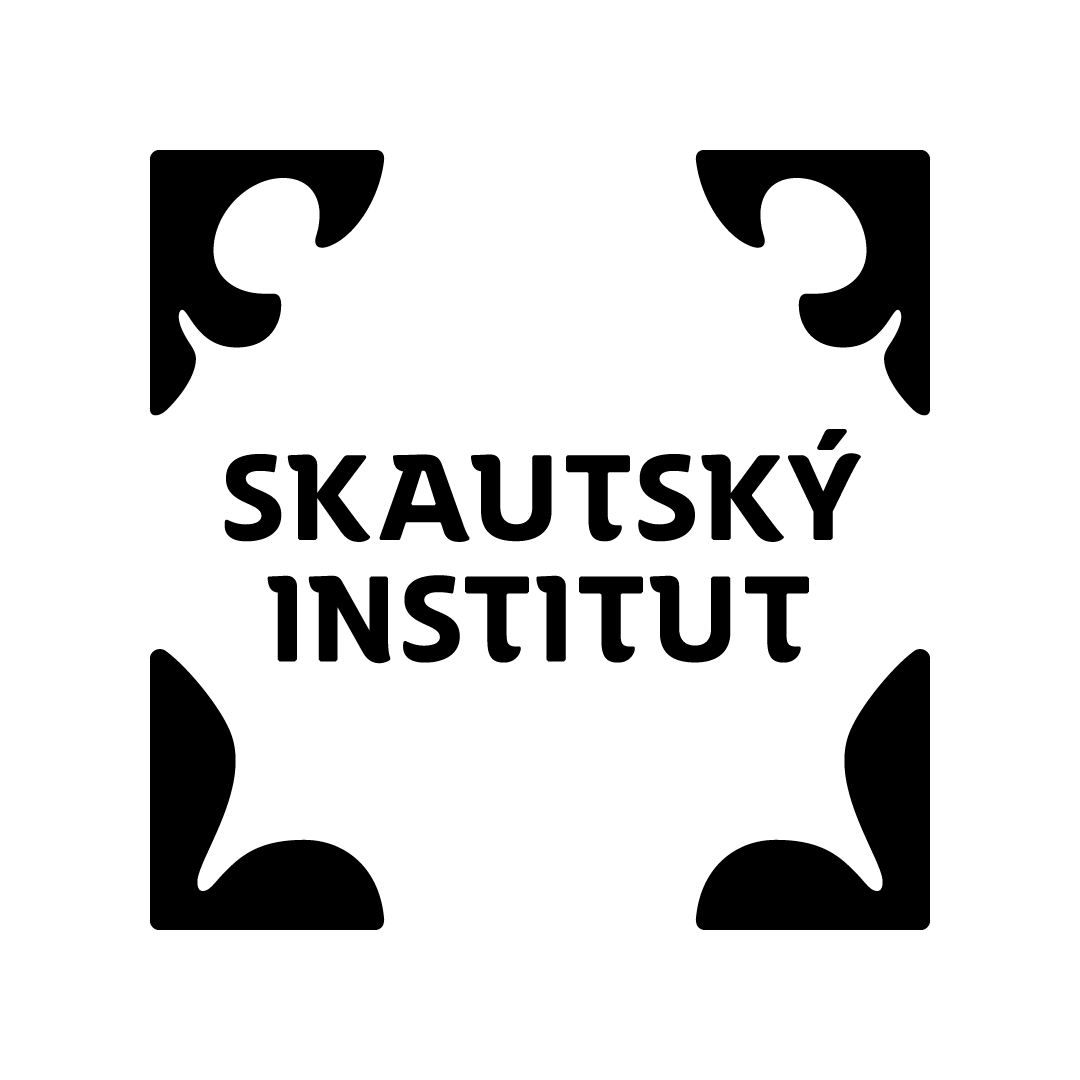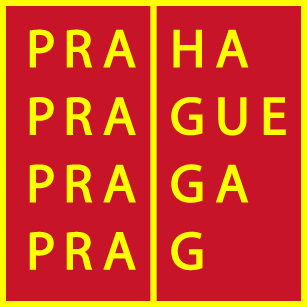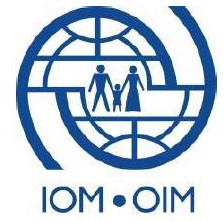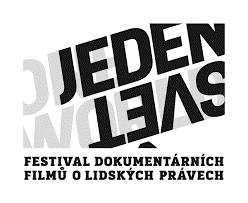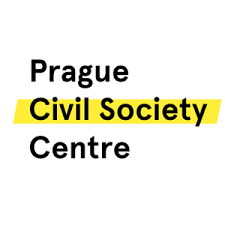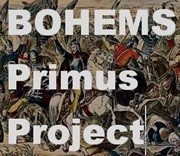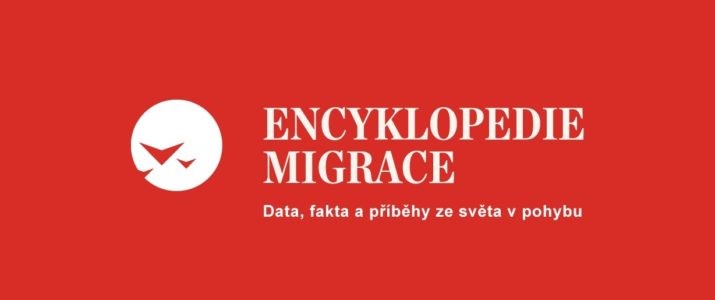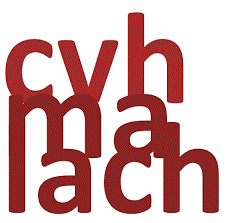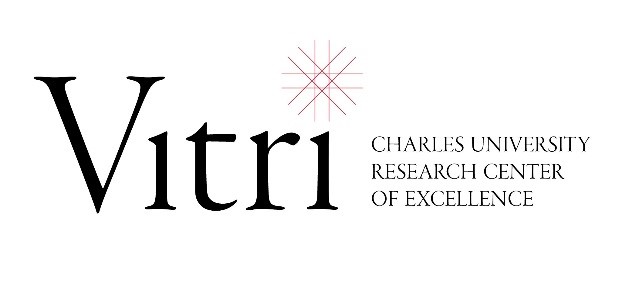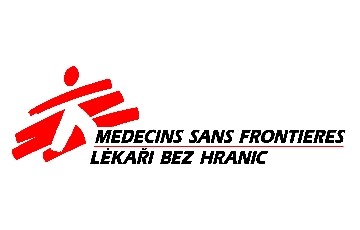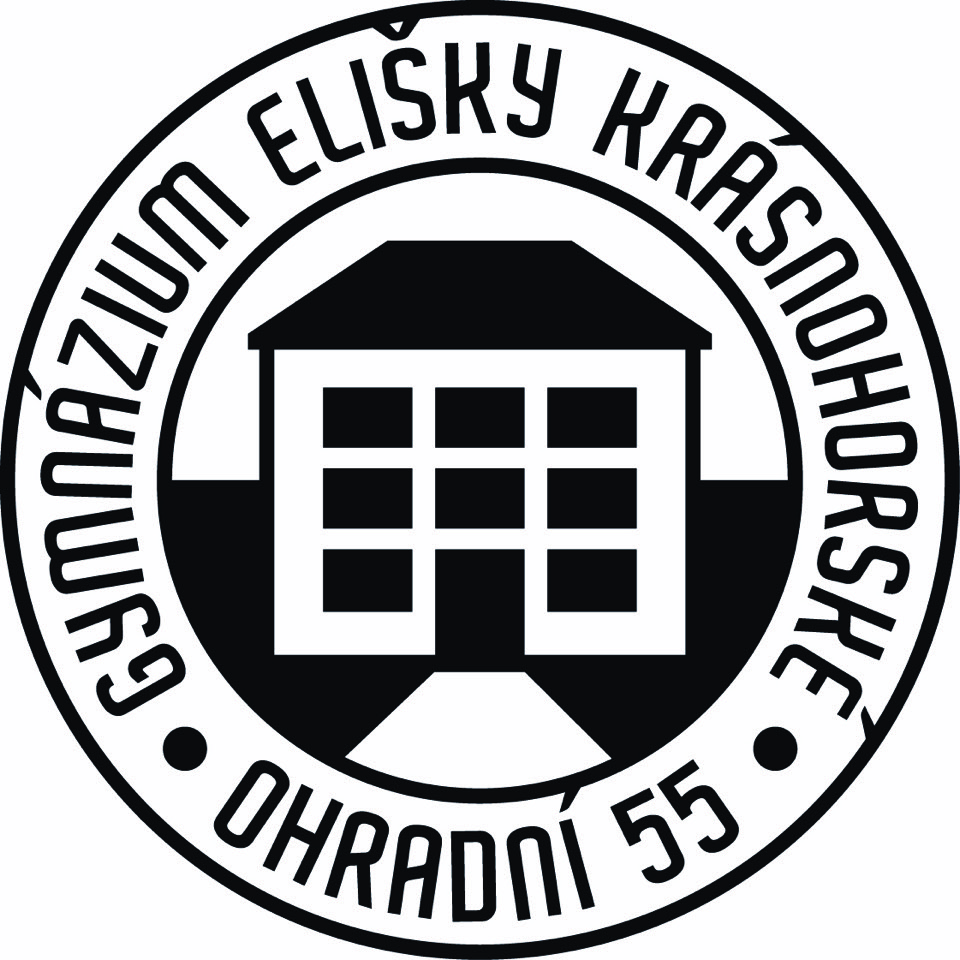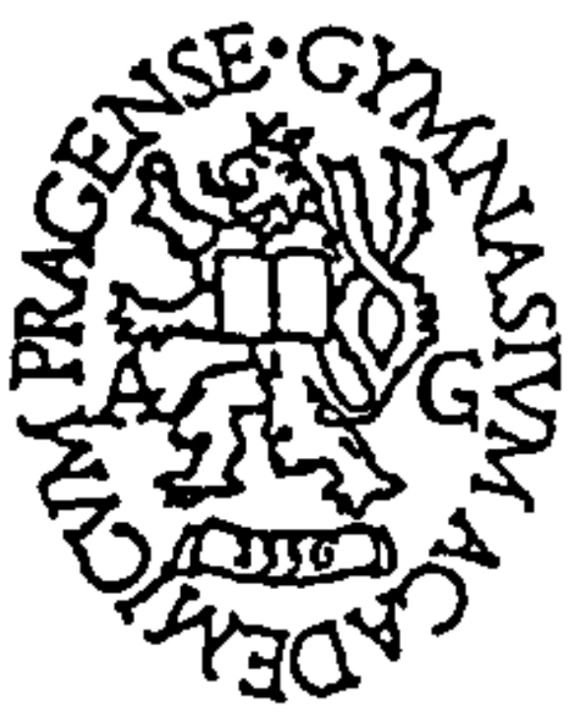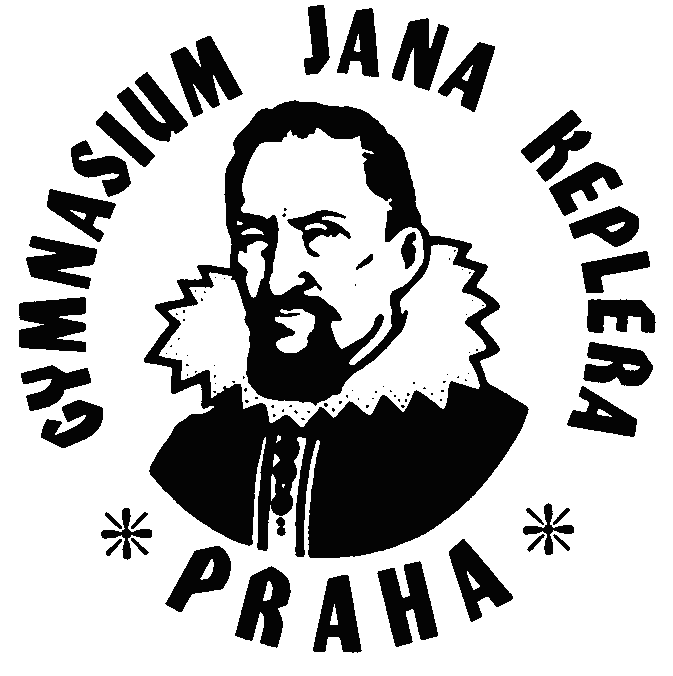Small (nation-)states
Small (nation-)states within/without empires and unions
Leader: Adrian Brisku
Contemporary regions of east-central Europe, north-east Europe, south-east Europe, and the Caucasus are areas comprised of relatively small (nation-) states that especially from the second half of the nineteenth century emerged as distinct and autonomous entities within and without larger entities (empires and unions). The concept of a small (nation-) states is understood here both in the sense put forward by Czech historian Miroslav Hroch, namely of socio-political structural understanding whereby a small nation lacks its own ruling elite and has an incomplete social structure and a more recent notion – within the field of small state studies – whereby a small state, in terms of its size in the international system, is understood not only as ‘rule-taker’ as opposed to a ‘rule-maker’ but importantly as a discourse of smallness whereby a polity is recognized as such – internally and externally – and actions proceed from such recognition.
This research centre aims to examine historical and contemporary positions and strategies (or lack thereof) of these small (nation-) states – and actors within them – in (geo)political, economic, and cultural spheres within a three-period timeframe. The first period is that of the late nineteenth century and the First World War when most of these nations were part of the Austro-Hungarian, Ottoman, and Russian empires. The second period is that of the end of the First World War and the Cold War when some were independent and some part of Soviet, Yugoslav, and Czechoslovak union/federations. And the last period is that of the late twentieth century and early twenty-first century in which most of the small nation(-states) became part of the European and Eurasian Unions, while others seeking/or are coerced to join. This research centre, then, questions whether historical and contemporary strategies/positions or lack thereof of actors within the small nation(-states), in these regions, point to historical and contemporary resilience of this entity, often imbued by a contested ‘national/ethnic’ content.
Members
Selected projects
- Specialisation in EU small states’ foreign and security policy
- National economy-building in ALB, CS and GEO in 1920's
- Jean Monnet Chair TeDEUSS - Teaching and Debating EU Small states' Security
- Soviet society and the Prague Spring
- Za hranice hegemonických narativů a mýtů. "Pohnutá minulost" v dějinách a paměti středovýchodní a jihovýchodní Evropy
- Pod tlakem internacionalizace a sekuritizace: Proměny bezpečnostní politiky evropských států
- Prosazování českého zájmu v evropských politikách (completed)
- Česká zahraniční politika v Evropské unii (completed)
Selected publications
- Brisku, A. (2022). Sto let česko(slovensko)-albánských vztahů. Univerzita Karlova, nakladatelství Karolinum.
- Brisku, A. (2022). Njëqind vjet marrëdhënie shqiptaro-çeko(sllovake). Univerzita Karlova, nakladatelství Karolinum.
- Weiss, T., & Edwards, G. (eds) (2022). Small States and Security in Europe. Between National and International Policymaking. Routledge.
- Brisku, A. (2022). Dealing with Smallness in Hasbsburg Bohemia, Ottoman Albania and Tsarist Georgia in the late-19th and early-20th century. In Samuël Kruizinga (Ed.), The Politics of Smallness in Modern Europe. Size, Identity and International Relations since 1800.
- Brisku, A., Blauvelt, T. (2021). The Transcaucasian Democratic Federative Republic of 1918 : Federal Aspirations, Geopolitics and National Projects. Routledge.
- Weiss, T. (2020). A small state's anticipation of institutional change: effects of the looming Brexit in the areas of the CSDP and internal market. European Security, 29(1), 1-15.
- Brisku, A. (2020). Modern Georgia. In D. Ludden (Ed.), The Oxford Research Encyclopedia of Asian History (pp. 1-22). Oxford University Press.
- Švec, L. (2020). Demontáž sovětského dějinného paradigmatu v Lotyšsku na konci 80. let 20. století:některé aspekty kontinuity a diskontinuity. Slovanský přehled. Review for the History of Central, Eastern and Southeastern Europe, 106(3), 547-567.
- Weiss, T. (2019). Between NATO and a hard place: defence spending debate in Germany and Czechia. European Security, 28(2), 193-211.
- Kolenovská, D. (2019). Československo a běloruská emigrace. In M. Kuthanová (Ed.), Z historie exilu : emigrace z území bývalého Ruského impéria v meziválečném Československu (pp. 9-15). Památník národního písemnictví.
- Brisku, A. (2018). The Place of "Europe" in the Post-soviet Georgian Modernization Discourse. In G. Zedania (Ed.), Modernization in Georgia : Theories, Discourses, Realities (pp. 107-138). Peter Lang.
- Kolenovská, D. (2018). Heros and anti-heros of the Belarusian independence project in Chechoslovakia. The Journal of Belarusian Studies, 8(3), 67-86.
- Šír, J., Emler, D., Fjodorov, J., Hamatová, K., Karasová, N., Kučera, J., Lebduška, M., Lídl, V., Lukešová, O., Pondělíček, J., Raiman, V., Samus, M., Sviták, M., Svoboda, K., Švec, L., & Buchar, J. (2017). Ruská agrese proti Ukrajině. Univerzita Karlova, nakladatelství Karolinum.
- Kolenovská, D., & Šimová, K. (2017). Cesty do utopie: Sovětské Rusko ve svědectvích meziválečných československých intelektuálů. Prostor.
- Brisku, A. (2017). Political Reform in the Ottoman and Russian Empires: A Comparative Approach. Bloomsbury Academic.
- Weiss, T. (2017). Promoting National Priorities in EU Foreign Policy: The Czech Republic's Foreign Policy in the EU. Routledge.
- Brisku, A. (2017). Renegotiating the empire, forging the nation(- state): the Bohemian/Czechoslovakian case through the political-economic thought of Thomas G. Masaryk and Karel Kramář, c. 1890-1920s. Nationalities Papers, 45(4), 632-650.
- Králová, K. (2016). Das Vermächtnis der Besatzung. Deutsch-griechische Beziehungen seit 1940. Böhlau Verlag.
- Weiss, T. (2016). Too Limited, Too Late: Evaluating the Czech Republic's Performance as a Small-State Lobbyist in EU External Policy. New Perspectives, 24(1), 53-78.
News
-
Discussion: "Georgia’s EU Path after the EU Council Decision"
This November the EU Commission recommended to the EU Council granting Georgia the candidate country status. Our Small Nation(-States) Research Centre has invited two Georgian experts to discuss this decision on 21 December at 14:15. -
Research seminar "Varieties of Economic Nationalism in Small (Nation-) States"
Dear colleagues, we cordially invite you to a special research seminar to be held under the auspices of the IMS Small nation(-states) Research Centre on 19 October 2023 from 15:30 to 17:30. At the seminar we will discuss the chapter "Varieties of Economic Nationalism in Small (Nation-) States". -
Visiting fellow dr Paolo Pizzolo
In October Dr Paolo Pizzolo, Assistant Professor of International Relations at the Jagiellonian University in Krakow, will be visiting the Small (Nation-) States research center at the Institute of International Studies of Charles University. -
Workshop "Becoming Smaller: Responses to Changes in Size and Influence in the Twentieth and Twenty-first Centuries"
We would like to cordially invite you to a workshop "Becoming Smaller: Responses to Changes in Size and Influence in the Twentieth and Twenty-first Centuries", which is organized by the Small Nation(-States) Research Centre. The workshop takes place on 25-26 May 2023 in room C420. -
Talk "Counter-Initiatives to Russian Revisionism: The Case of the New Intermarium"
We would like to cordially invite you to a lecture "Counter-Initiatives to Russian Revisionism: The Case of the New Intermarium" given by Erasmus Mobility Teaching Fellow Paolo Pizzolo on Thursday, April 20 at 2:00 pm. -
Discussion "The 'Foreign Influence' Bill and the 7-8 March Protests in Georgia: Societal and (Geo)Political Implications"
You are cordially invited to a debate entitled "The 'Foreign Influence' Bill and the 7-8 March Protests in Georgia: Societal and (Geo)Political Implications", which will take place on Thursday 16th March at 17:00.


